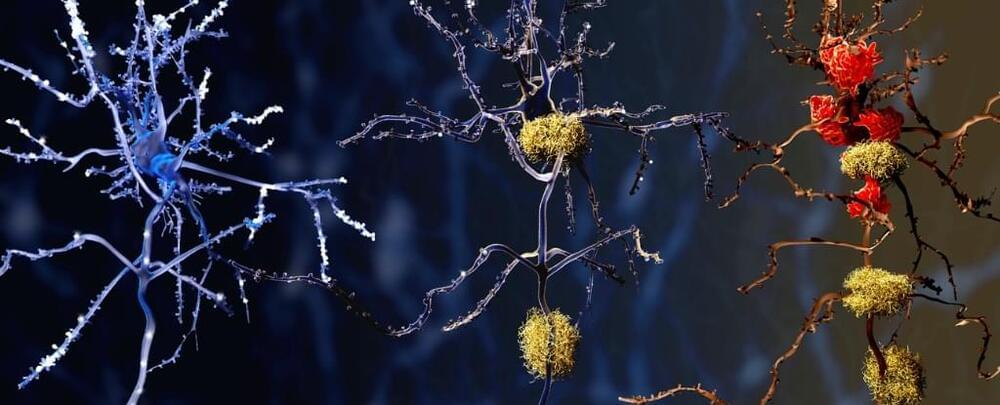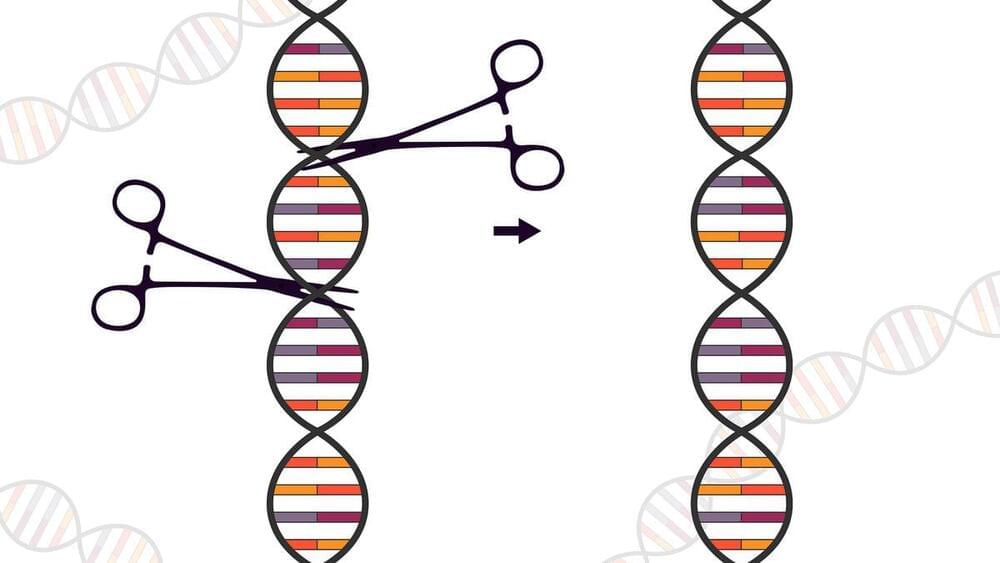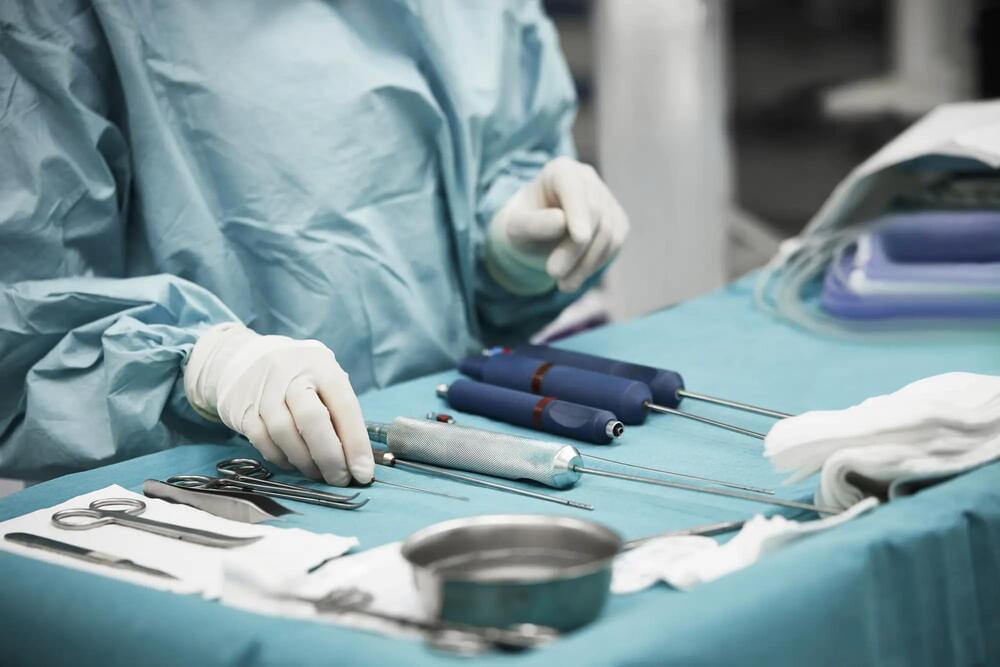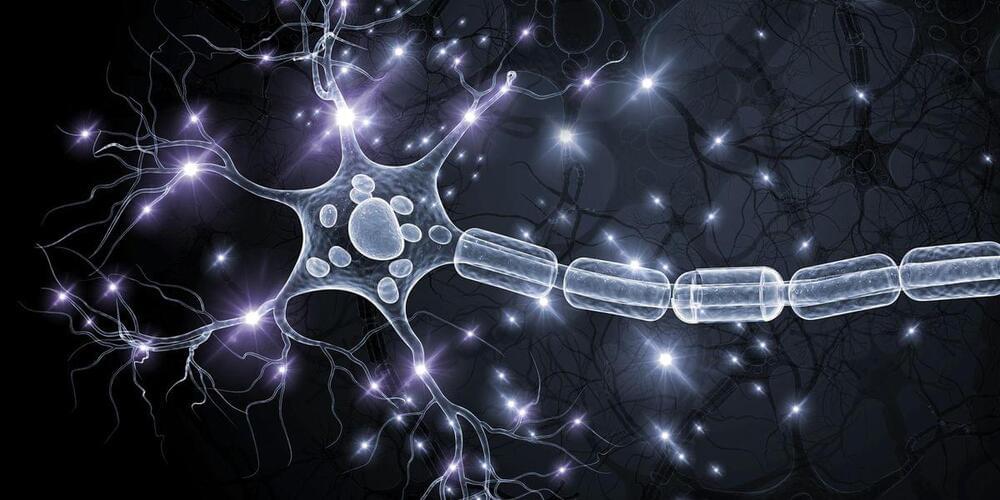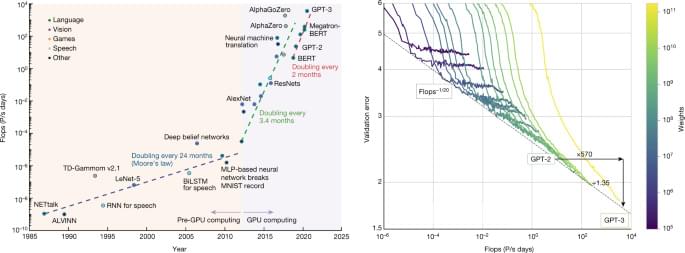Analysis of human brain tissue reveals differences in how immune cells behave in brains with Alzheimer’s disease compared to healthy brains, indicating a potential new treatment target.
University of Washington-led research, published in August, discovered microglia in the brains of people with Alzheimer’s disease were in a pre-inflammatory state more frequently, making them less likely to be protective.
Microglia are immune cells that help keep our brains healthy by clearing waste and preserving normal brain function.
